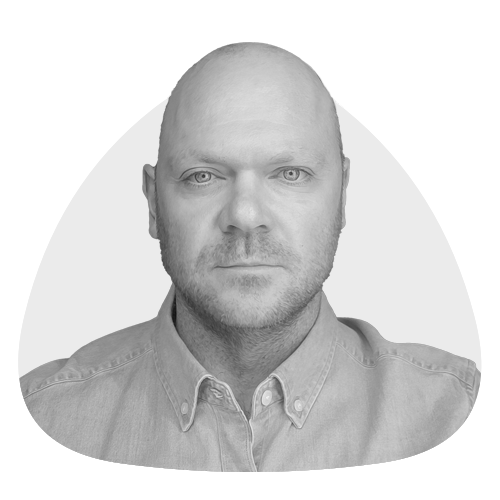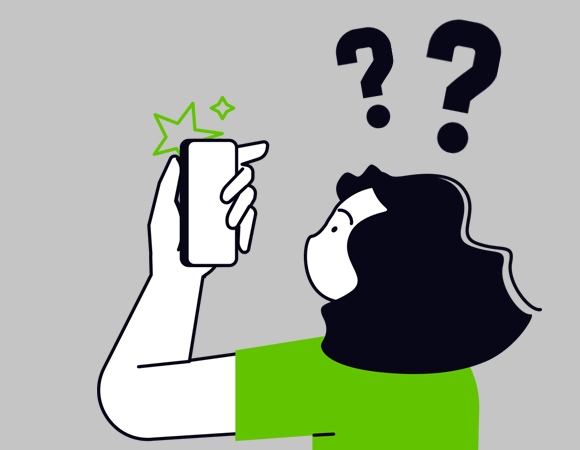Beep. Ding. Buzz. Repeat. We’re bombarded by notifications in our ever-connected digital world. All the time.
At work and at home, multiple applications on multiple devices vie for our attention. It can take enormous concentration to focus on just one task. More often than not, our attention is divided between this and that and umpteen other things.
What exactly is this doing to our minds?
The internet age
Our modern world revolves around computers and the internet. It’s hard now to truly picture the pre-internet age. And yet this technology only represents a tiny speck in human history.
I’m just about old enough to remember a time when a computer was not a guaranteed household item. If you needed to find out how to do something, you’d tinker with it, ask someone, or read a manual. There was no Google to rescue you. Or to save you from using your own imagination, if you want to look at it another way.
Now we all carry a smartphone in our pockets. We have immediate access to a world of content. And we don’t need to go looking for it. It comes looking for us.
May I have your attention
We’ve all heard the phrase attention economy. Your attention = someone else’s profit. And that means your best interests are not the priority. Money is.
Online platforms want you to stay. You are algorithmically fed ‘content’ that is likely to make you personally keep scrolling and engaging. The more time you spend (or squander), the more ads you view, and the more data you provide. The system may be feeding you – but the really important thing is that you’re also feeding it.
And there’s a little trick to keep you hooked: brevity.
Let’s make this brief
How do you prefer to watch a TV series?
- Chronologically in its entirety over a period of time.
- In fragmented minute-long snippets, devoid of context or continuity.
The sane answer is the first one. Right? Despite that, many of us are now doing it the other way. The short video format popular in recent times on social media has us becoming increasingly accustomed to short snappy clips. And we might not even watch those in their entirety either. Scroll, scroll, scroll, scroll, scroll.
When these short-form videos first appeared on YouTube, I could not understand their purpose. At all. It was completely alien to me as a concept. Why would anyone want to watch a few seconds on a topic, instead of exploring it in-depth?
Turns out I wasn’t immune after all. This kind of content can be mind-numbingly addictive. You don’t just watch a clip or two – you scroll through dozens. And you absolutely do not feel good after it.
A trap in the face
So, here we are. Millions of us with our eyes glued to a tiny plastic rectangle, ignoring the world around us. Not really thinking. Just consuming.
The funny thing is, we know this is unhealthy. But awareness and reason are up against a powerful opponent: addiction. We’ve been tricked into craving the immediate blasts of dopamine that social media provides. Sitting on the train? Pull the phone out. Waiting for the kettle to boil? Pull the phone out. Doing anything that cuts off the stimuli even for a moment? Pull the phone out.
Mental overload
Our technology may have moved on in leaps and bounds, but we are still only human. Here’s the problem as highlighted by The Guardian:
“Our brains haven’t changed much over the centuries, but access to addictive things certainly has.”
Now let’s look at why all of this is bad. What effect is it having on our brains? Let’s ask the experts.
Gloria Mark, a professor of informatics with a PhD in psychology from Columbia University, found that people switch tasks on digital devices as frequently as every 47 seconds. Mentally we are bouncing around between tasks so much that it’s hard to imagine how we can deeply focus on any particular one.
And let’s get to the crunch: has all this led to a shortened attention span? The answer is maybe. There are some contested studies on the topic, and conflicting opinions on the severity of our collective distraction.
One thing that certainly appears to be true is that we are at the very least worried about the mental impact of our digital world. King’s College London found that half of UK adults believe their attention span is shorter these days. But it would be doomsaying to focus on the negative. KCL also found a lot of positivity regarding the world of information at our fingertips. The internet is neither all good or all bad.
Where do we go from here?
Let’s focus on social media and short-form content. My view is that these are having a net negative impact on us. They can steal our time and attention very easily. And while there is some level of human interaction, it’s usually superficial and often venomous. There are better, more productive, healthier things for us to be doing.
But let’s not kid ourselves that the past is better. Our modern world has its challenges, but it provides a comfortable existence for many of us. Technology will continue to develop and will only become increasingly interwined in our human lives.
This may sound like a crazy idea, but there’s always the option of a digital detox. Put down the phone for a day. Go outside. The internet will still be there when you get back, and maybe you won’t miss it as much as you think.




